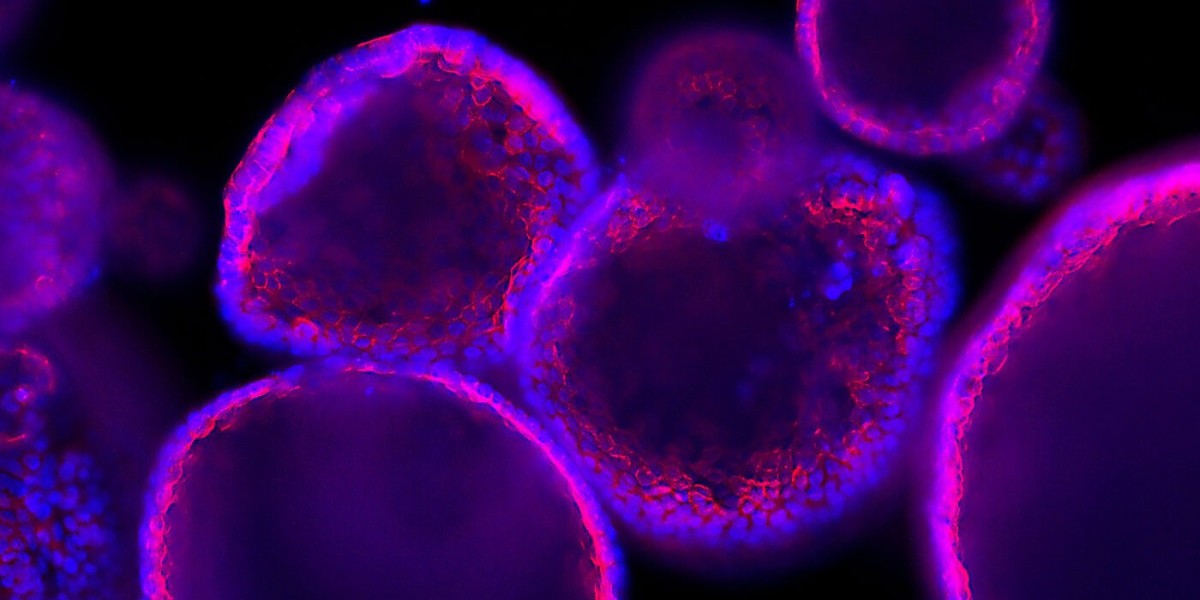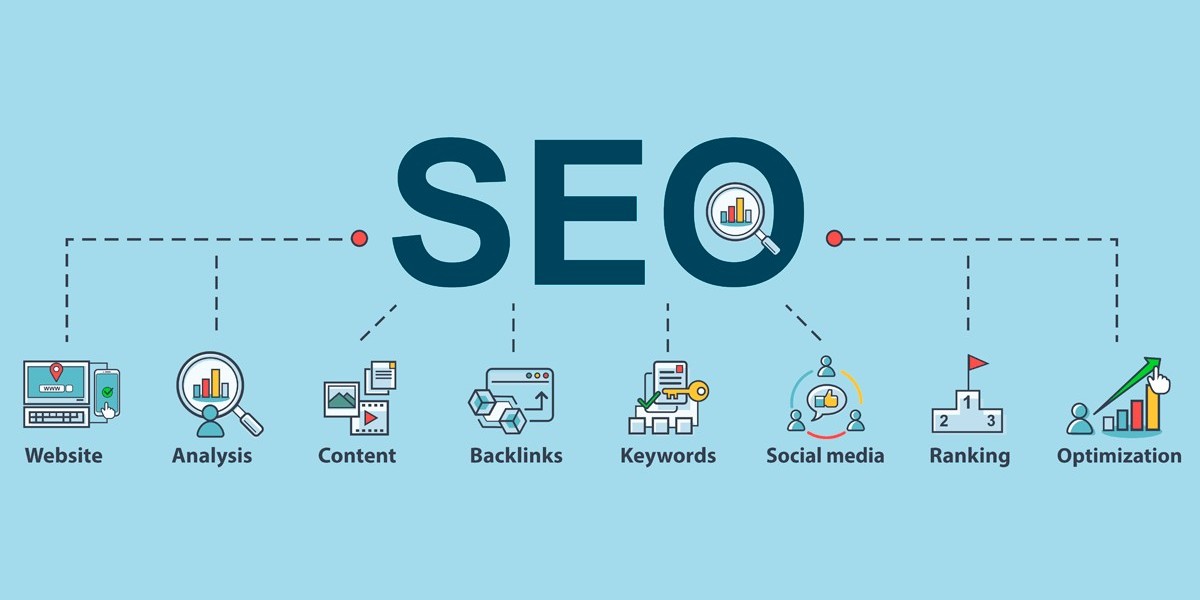The organoids market future trends point to a transformative era in biomedical research and healthcare innovation. Organoids, miniature organ-like structures cultivated from stem cells, have proven their potential to replicate the functions and structures of human organs with remarkable precision. As technological capabilities evolve, organoids are expected to become integral to research, clinical diagnostics, and therapeutic development, revolutionizing how diseases are understood and treated.
Advancing Applications in Drug Discovery
A major trend shaping the future of the organoids market is their growing use in drug discovery and development. Pharmaceutical companies are adopting organoid models to test drug efficacy and safety earlier in the pipeline, reducing reliance on animal models and increasing the accuracy of predictions. In the coming years, organoid-based drug screening is expected to become standard practice, particularly for diseases with complex pathophysiology such as cancer, liver disorders, and neurological conditions.
Personalized Medicine and Patient-Specific Treatments
The integration of organoid technology into personalized medicine is one of the most exciting developments. By creating patient-specific organoids, clinicians can simulate how an individual might respond to specific treatments, allowing for more tailored and effective therapies. In oncology, tumor-derived organoids are already being used to guide treatment decisions, and this approach is expected to expand into other medical specialties.
Regenerative Medicine and Organ Replacement Potential
Another significant trend is the role of organoids in regenerative medicine. Research is advancing toward the possibility of using organoids for tissue repair and organ regeneration. While full organ replacement remains a long-term goal, organoids are already contributing to the development of partial tissue grafts and transplantable structures, offering hope for addressing organ shortages.
Integration with Advanced Technologies
The future of organoid research will be deeply intertwined with other emerging technologies. Artificial intelligence (AI) is enabling faster analysis of organoid data, while 3D bioprinting is enhancing the precision and scalability of organoid production. Additionally, lab-on-a-chip platforms are streamlining organoid cultivation and experimentation, making the technology more accessible and cost-efficient.
Global Collaborations and Funding Growth
The organoids market is benefiting from increased collaboration between academia, industry, and government bodies. International research partnerships are accelerating innovation, while significant investments are supporting large-scale organoid projects. Governments and funding agencies are recognizing organoids as a key enabler of next-generation healthcare solutions, leading to expanded resources and infrastructure.
Ethical and Regulatory Developments
As the use of organoids expands, ethical and regulatory considerations are evolving in parallel. Policymakers are working to establish clear guidelines that ensure safety, quality, and ethical integrity in organoid research and applications. These frameworks will be essential for facilitating broader adoption in clinical and commercial contexts.
Regional Growth Prospects
North America and Europe currently lead the global organoids market, driven by strong research ecosystems and well-established healthcare industries. However, Asia-Pacific is emerging as a rapidly growing region, fueled by increased investment in biotechnology, rising healthcare expenditure, and supportive government policies. This trend is expected to diversify the global market landscape significantly.
Challenges and Opportunities Ahead
While the future of organoids is promising, challenges remain, including high production costs, technical complexity, and the need for standardized methodologies. Overcoming these barriers will require coordinated efforts across research, manufacturing, and regulation. Nonetheless, the opportunities—ranging from accelerating drug discovery to developing life-saving regenerative treatments—position organoids as a cornerstone of future healthcare innovation.
Conclusion
The organoids market future trends highlight a trajectory of rapid growth and groundbreaking advancements. From drug discovery to personalized medicine and regenerative healthcare, organoids are poised to transform how diseases are studied and treated. As technology continues to evolve and global collaboration strengthens, the organoids market will play an increasingly vital role in shaping the future of medical science, offering solutions that are more accurate, ethical, and patient-centered.








